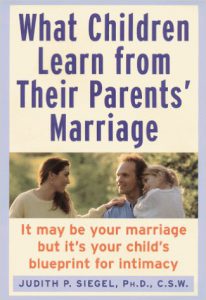 We all want to get better at the things we care about. Today’s reflection from API Reads is taken from a TED Talk video. This 11-minute video touches upon the topic of improvement by explaining it with the use of “learning” and “performance” zones:
We all want to get better at the things we care about. Today’s reflection from API Reads is taken from a TED Talk video. This 11-minute video touches upon the topic of improvement by explaining it with the use of “learning” and “performance” zones:
“We create social risks for one another, even in schools, which are supposed to be all about learning — and I’m not talking about standardized tests. I mean that every minute of every day, many students in elementary schools through colleges feel that if they make a mistake, others will think less of them.
No wonder they’re always stressed out and not taking the risks necessary for learning!
But they learn that mistakes are undesirable inadvertently when teachers or parents are eager to hear just correct answers and reject mistakes, rather than welcome and examine them to learn from them. Or when we look for narrow responses rather than encourage more exploratory thinking that we can all learn from.
When all homework or student work has a number or a letter on it, and counts towards a final grade — rather than being used for practice, mistakes, feedback, and revision — we send the message that school is a performance zone.” (At the 7:44 minute mark, TED Talk)
Think about that: Is the goal that our children “perform” or that they learn?

